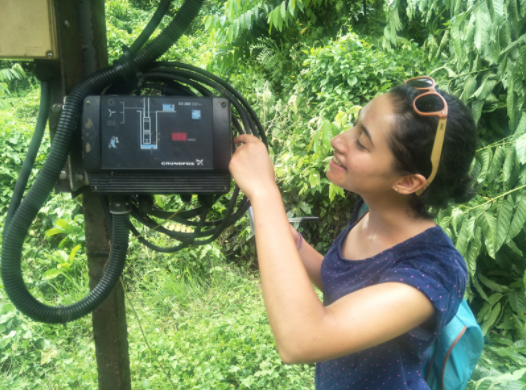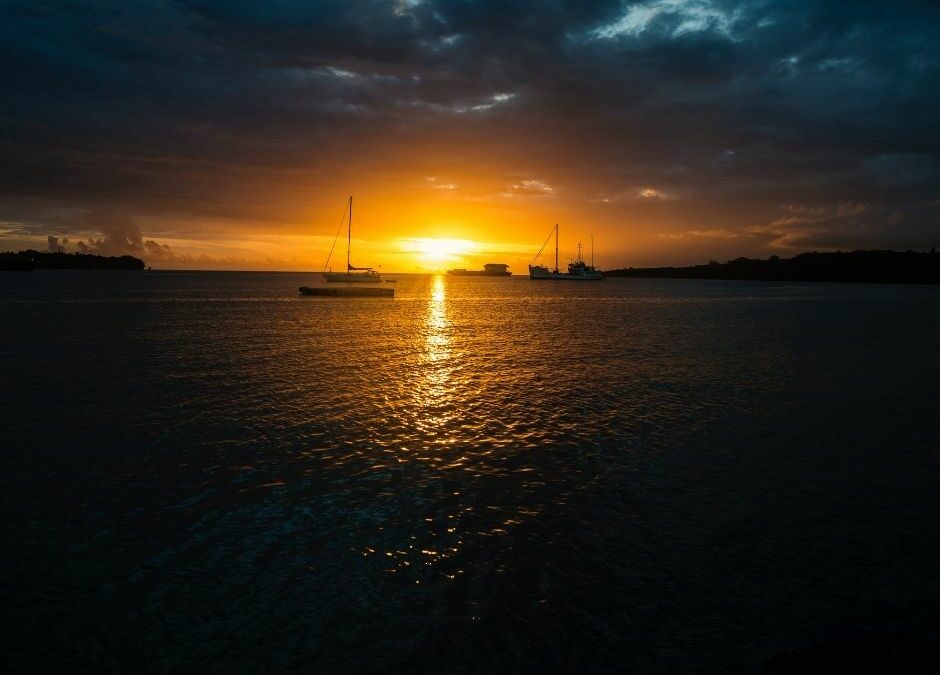In Vanuatu, the pandemic has meant we have had to alter how our Australia Volunteer Field Professionals support our work remotely, with a shift to strengthening the capacity of our local partners to design appropriate and sustainable technology solutions.
EWB’s Vanuatu project contributes to improved health and wellbeing outcomes through addressing challenges faced by communities living in hard to reach or challenging environments, It also supports their ability to access adequate and sustainable technology and infrastructure engineering solutions. Part of our approach is focused on increasing the knowledge and capacity of our partners to develop appropriate solutions for challenging environments, which has had to adapt in light of the challenges presented by COVID-19.
Partnership Snapshot
Partner: Adventist Development and Relief Agency (ADRA)
One key adaptation has been the transition by our Australian Volunteer Field Professionals from in-country placements to remote volunteering. Despite only completing six weeks of her 12 month Vanuatu deployment, Australian volunteer Sabrina Cohan has continued to support the program remotely through the running of remote training sessions for one of our partner organisations, Adventist Development and Relief Agency (ADRA).

Sabrina on a site visit with ADRA preparing the restoration work on the community solar powered water system in Kona Point, Malekula.
Sabrina on a site visit with ADRA preparing the restoration work on the community solar-powered water system in Kona Point, Malekula.
The partnership between EWB Vanuatu and ADRA partnership was established in 2019 to address the issue of the lack of sustainability of solar-powered pump systems in rural settings. Sabrina’s training sessions increased ADRA’s knowledge of EWB’s approach to technology development and human-centred design methods, which will result in the delivery of appropriate, equitable and inclusive solutions for the communities ADRA and EWB serve.
There are currently discussions with ADRA to follow up these online training sessions, in order to put into practice the new knowledge and skills imparted during the training. This demonstrates the relevance of this approach to developing our partners capacity in the region. EWB is continuing to work with the Australian Volunteer Program to unlock the potential of remote volunteering and the capacity-building support this can offer our partners and work overseas.
“I initially went over to Vanuatu to look at solar powered water systems and how we might create an environment where solar technology can be used to its full potential. Things changed a lot when the volunteers were required to return to Australia but there was still an opportunity for EWB to support ADRA with general project management tools and processes. As well as working in the WASH space, ADRA Vanuatu has programs in agriculture and food security, emergency response and gender based violence; and the staff already have so much knowledge and skill in community development. My ongoing work with ADRA aimed to introduce some of EWB’s project management and planning tools to compliment ADRA’s work and ensure that the community is at the centre of every project.”
-Sabrina Cohan, Australian Volunteer Field Professional with EWB and ADRA
EWB has worked with our partners to pivot our programs to include COVID-19 response strategies and plan for the way forward; to create partnerships for recovery. Now more than ever, our local partners play a critical role to engage and mobilise their local communities. They work with us to maintain our connection with the communities we serve, to develop and test technology, and collect crucial monitoring and evaluation information.
EWB’s international program is supported by the Australian NGO Cooperation Program (ANCP) and generous donors. EWB’s Vanuatu Program is additionally supported by the New Zealand Aid Programme (MFAT).
Please support EWB’s international work – you can donate at www.ewb.org.au/donate.
Feature image: Vila Bay, Vanuatu. Photo by Phil Botha on Unsplash.


